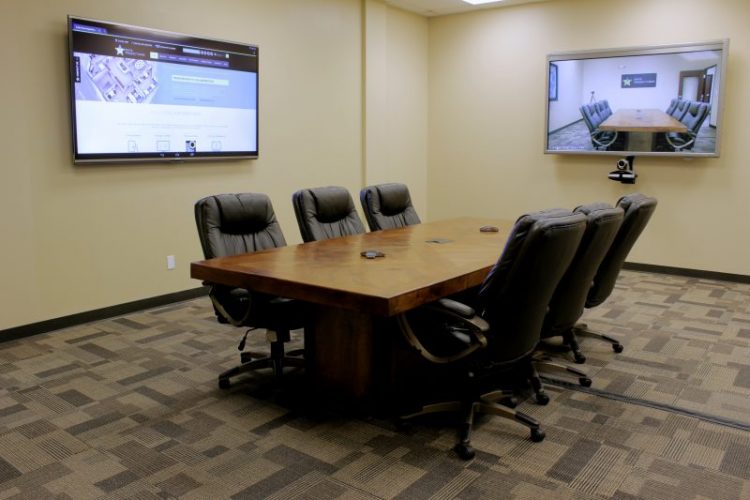How an Audio Visual Specialist Improves the Integration Process
Audio visual specialists don’t just sell products – they build solutions. When a business, school or organization approaches an AV specialist, they have a problem that needs to be figured out. Perhaps the problem is boosting the brand, improving retail sales or strengthening internal communications. There are many problems AV can solve, and AV specialists know how to approach each one effectively. Here’s how an experienced integrator will steer the process:1. Consult and plan – Before an audio specialist installs a single piece of equipment, they will first consult with their client and determine their needs.
Although AV solutions are generally aimed at solving communication problems, every organization’s exact issues are different. Corporate offices and university lecture halls are entirely different spaces that require entirely different solutions. Some businesses have AV technology already in place, while others may be transitioning to AV technology for the first time.
The first couple consultations address these important details. They also ensure the organization and AV expert are on the same page regarding which solutions and technologies will be integrated.
The audio visual specialist will survey the site before opting for any products or solutions, in particular. The site survey is essential, because it gives an integrator a close look at where everything will go, what additional infrastructure will be needed, if old cable will need to be pulled, if there are unique architectural challenges involved and anything else that may be relevant to the project. This ensures the specialist doesn’t run into any surprises during installation that could delay the project.
2. Install and configure – Once the integrator has selected the right technology, they will install it and configure it for optimal performance. Reputable specialists have certified installers on their teams, and these installers ensure equipment is positioned and operating properly.
Installers will configure the technology so that it’s turnkey ready. The client merely needs to hit the power button and get started.
3. Training – There should be no guesswork regarding the system’s operation, and it’s up to the audio visual specialist to guarantee that. Following system installation, AV integrators will provide training to the client’s employees so that they are comfortable with it from the beginning. The goal of training is to guide employees as they use the technology so they are familiar with it before being cut loose on it.
If workers are trained on the technology, they are much more likely to adopt it on a long-term basis. Training, then, is a critical part of the integration process.
4. Ongoing support and service – Talented audio visual specialists can play a role long after the system has been installed. It’s an important role, too, because AV technology, like any technology, should be monitored and maintained to ensure smooth performance.
That’s why integrators offer service agreements with their technology solutions. A service agreement includes things like remote tech support, troubleshooting, on-site response and preventative maintenance. Preventative maintenance is particularly important, because it heads off smaller issues before they result in downtime.
Service agreements are also valuable for establishing a long term relationship with the audio visual specialist. The AV industry is constantly changing and improving, and companies that remain up to date are at an advantage. Partnering with an AV specialist secures this advantage, because integrators act like a true technology partner. They notice inefficiencies as they emerge, plan out technology refreshes years in advance, make recommendations when they are relevant and serve as the go-to expert when AV is concerned.



